Article written for Plant Faced by Bethany Worthington at Ecothes
The demand for sustainable and ethical clothing is increasing thanks to eco-conscious consumers like you. But, unfortunately, as the need for responsible clothing grows, so does the number of brands that use greenwashing tactics to trick their customers.
If you’ve never heard of greenwashing, it’s a term used to describe the practice of a brand that makes false or misleading claims about the environmental benefits of its clothing. Examples of greenwashing include packaging that exaggerates that product’s environmental impact or a company’s claims of environmental friendliness that don’t stand up to factual scrutiny.
Luckily, there are tools we can use as consumers to validate that a brand’s claims are correct and they’re genuinely focused on sustainable production - and these come in the form of sustainability certifications.
At Plant Faced, we’re proud of our certifications as they demonstrate our commitment to our core value of no exploitation – humans, animals, or plants.
In this article, we’ll take you through some of our sustainability certifications to help explain why they’re important to drive change in the fashion industry.
What is GOTS?
The Global Organic Textile Standard, commonly known as GOTS, is an organisation that sets a standard for what classifies a fibre as being ‘organic.’
For a product to receive the GOTS certification, a piece of clothing or textile must have a minimum of 70% certified organic fibres and at least 95% minimum to add the GOTS-organic label.
Organic fibres are defined as fibres that haven’t been chemically treated by harmful pesticides or chemicals that damage ecosystems and waterways. Organic fibres also save huge quantities of energy and water, with organic cotton cultivation requiring 91% less water than conventional cotton.
Along with being more eco-friendly, GOTS-certified organic cotton ensures no exploitation of workers in the supply chain, and all employees work by choice, in good conditions, and with fair pay.
The GOTS certification also looks at a range of other parameters to ensure that the textile is sourced responsibly, including:
- Audits must take place in manufacturing and processing plants by GOTS-accredited auditors (which means that factories are verified in person to check standards are followed).
- Safe working conditions must be met.
- Farmers can't use toxic chemicals in the production process.
- Environment management systems such as wastewater management must be in place at manufacturing plants.
So, when you see a brand carrying the GOTS certification, you know that the brand is sourcing ethical and organic cotton that helps save water, energy, and toxic chemicals.
At Plant Faced, we carry the GOTS certification on all of our organic cotton clothing. Unfortunately, only 1% of cotton production in the world right now is organic, so we must keep supporting organic growers to make a difference.
Ethical Production Certifications
Around 75 million workers are employed in the global fashion industry; approximately 85% are women. Unfortunately, it’s not uncommon in the fashion industry to exploit many of these workers, such as low wages, unsafe working conditions, sexual harassment, and violence. In some cases, many manufacturing facilities often use forced and child labor.
It’s therefore important that to drive change in the fashion industry, brands must partner with factories committed to ethical production. One way brands can do this is by partnering with certified factories such as Fair Wear and WRAP.
What is the Fair Wear certification?
The Fair Wear certification is a non-profit organisation designed to protect workers by promoting safe, humane, and ethical manufacturing through certification and education.
For a factory to be Fair Wear certified, it must meet the following strict standards that the organisation sets:
- Ensuring employment is freely chosen and no forced or bonded labour is used - at all, ever.
- Workers must have the right to freedom of association and the right to collective bargaining.
- There is no discrimination in employment, and all employees have access to equal opportunities.
- There shall be no exploitation of child labor, and factories must pay employees a living wage.
- Hours of work shall comply with applicable laws and industry standards.
- Employees must have safe and healthy working conditions.
- There must be a legal employment contract present for employees.
Working with Fair Wear-certified factories is something we’re immensely proud of as we’re committed to sourcing from factories that uphold human rights and put focus on safe and ethical production rather than focusing on low prices.
What is the WRAP certification?
You may have also noticed that we partner with some WRAP-certified factories to create our products.
WRAP (Worldwide Responsible Accredited Production) is a non-profit organisation that works with facilities to ensure safe and lawful working conditions.
Each WRAP-certified factory must undergo extensive auditing and prove that they meet the organisation's 12 standards. The standards include the following:
- Ensuring no child or forced labour is used.
- Ensuring no excessive hours are worked.
- Ensure facilities provide a safe and healthy work environment for all employees.
WRAP provides annual reviews of each factory to ensure that working conditions are met even after a facility is awarded the certification.
Vegan Friendly Certified
Another certification we hold very close to our heart is our Vegan Friendly certification. The certificate is awarded by the non-profit organisation Vegan Friendly - which is on a mission to end animal suffering and global warming by increasing the consumption of plant-based food and textiles.
We don’t use any animal-derived materials here at Plant Faced Clothing, and that’s a fact.
Wrapping Up
Overall, it’s clear that sustainability certifications are important because they help organisations commit to and demonstrate their commitment to responsible practices and improving the sustainability of their operations.
As a consumer, when you see a brand holds these certifications, it’s proof that a company is making an effort to reduce its carbon footprint, save resources, and operate and produce ethically and sustainably.
For us here at Plant Faced, sustainability certifications symbolise our commitment to a greener, healthier, and more sustainable future as we continuously strive to do better for people, animals, and the planet.


















